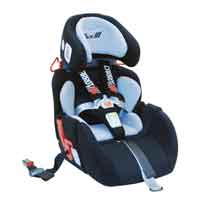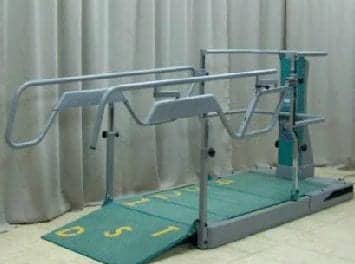United Spinal Association is interested in hearing from people with disabilities who have experienced difficulties in finding designated available parking or have encountered other problems.
People who require accessible parking and/or have disabled placard or licensed plates are invited to participate in the national online survey, “Accessible Parking and Placard Abuse,” to share their views and experiences.
The survey, which takes a short time to complete, will impact policies related to parking for people with disabilities, according to the United Spinal Association, part of a newly formed Accessible Parking Council to address these issues on a national scale.
“Accessible parking abusers have severely affected the quality of life people with disabilities, including thousands of wheelchair users who greatly depend on access to live independently and fulfill daily tasks,” says James Weisman, United Spinal’s president and CEO, in a media release.
“It’s time we tackle this issue once and for all to deter people violating the law,” he adds.
The survey is available now until November 1, and the results will be reported at a Stakeholder’s Forum on Accessible Parking and Placard Abuse, December 6 in Washington, DC, at the US Access Board, the federal agency responsible for developing and updating the American Disabilities Act (ADA) Accessibility Guidelines.
Participating organizations, along with United Spinal Association, include the American Association of People with Disabilities, the National Council of Independent Living, the American Association of Motor Vehicle Administrators, and the International Parking Institute, among others, per the release.
“Abuse and other significant issues preventing people with disabilities from using accessible parking have not been adequately addressed on the national level,” says Helena Berger, president & CEO of the American Association of People with Disabilities, in the release.
“The results from this survey—provided by individuals with disabilities that need accessible parking—should go a long way in developing the right national solutions to this age-old problem,” she adds.
[Source(s): United Spinal Association, PR Newswire]





